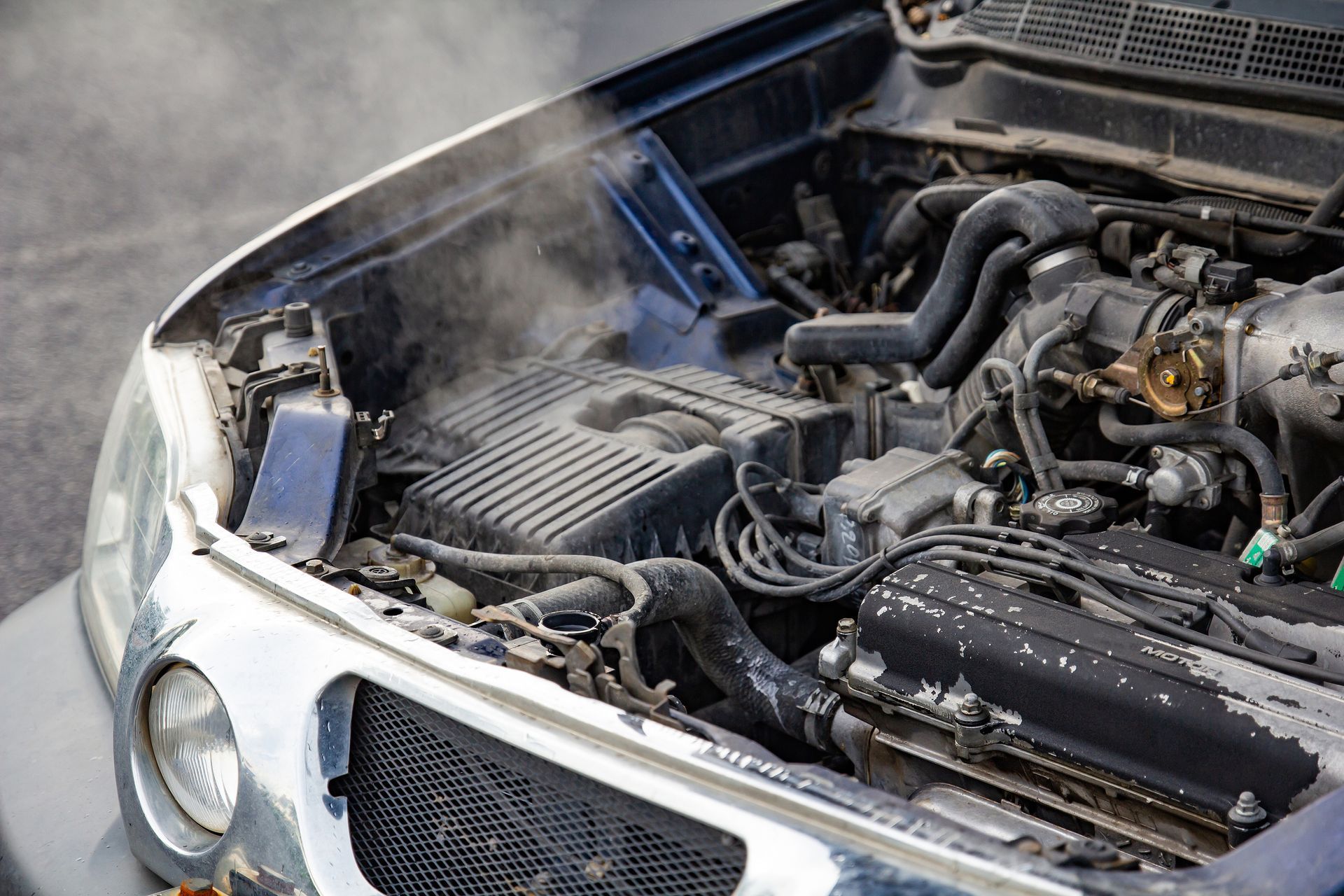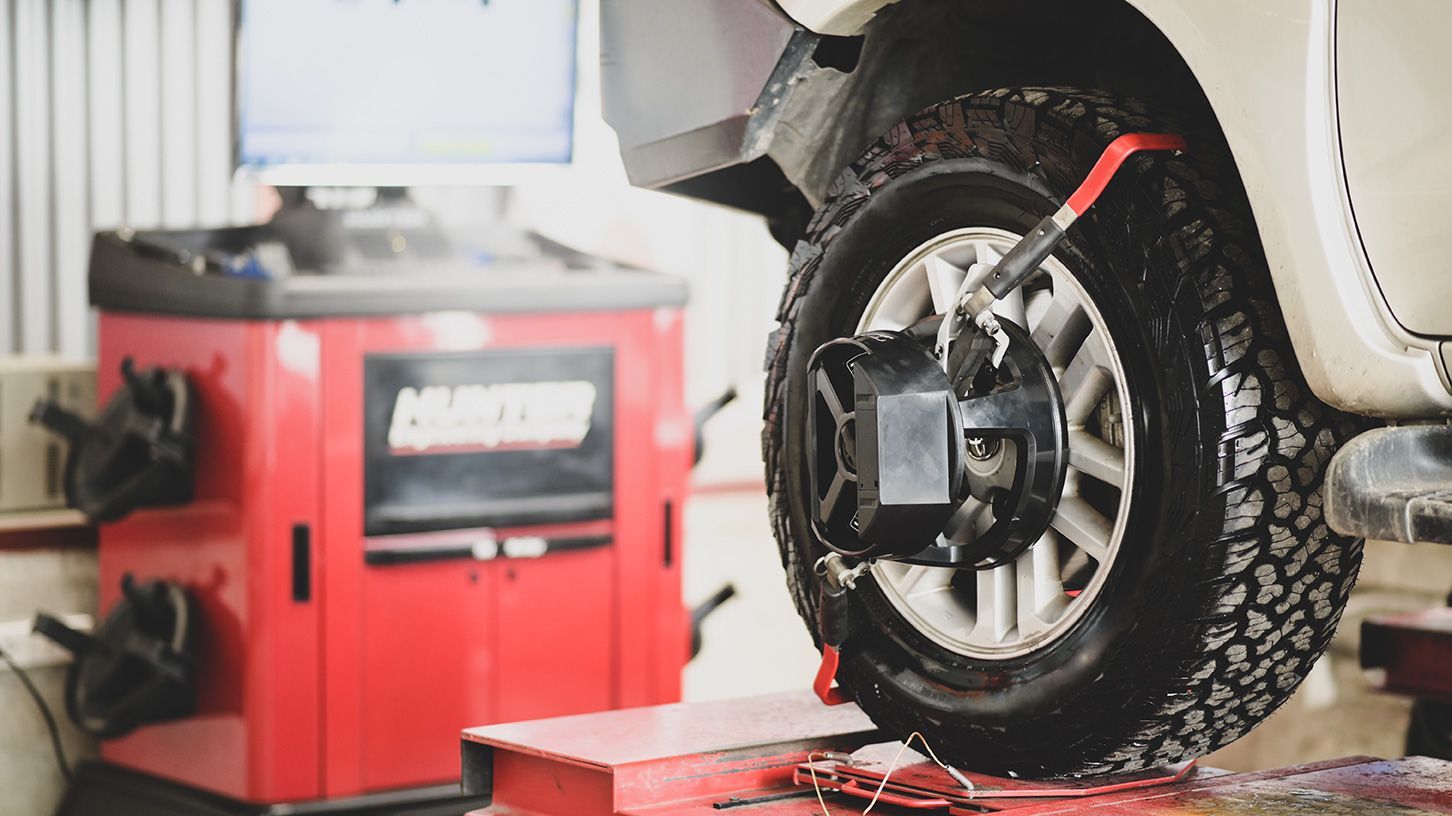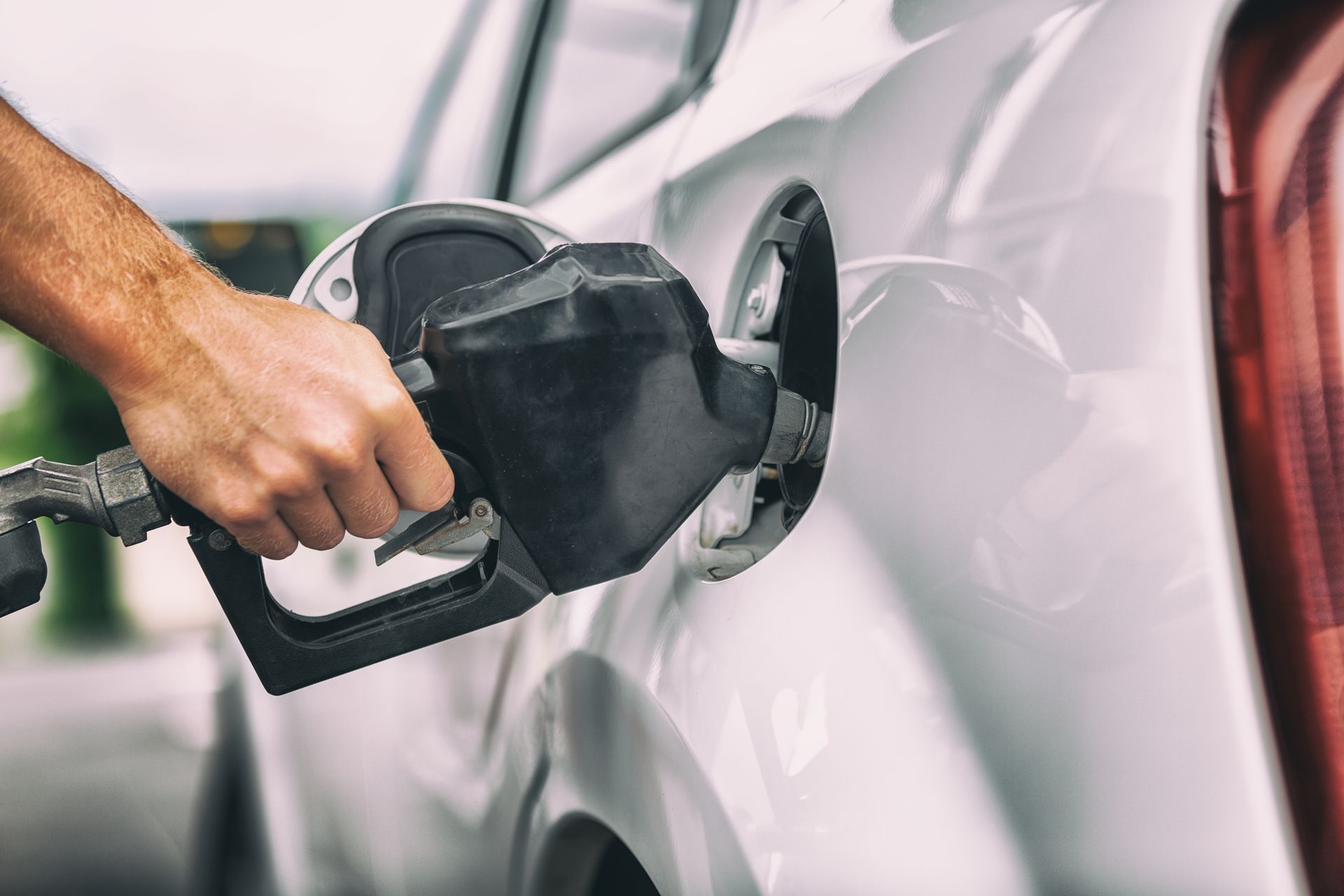Keep your Engine Running Strong: The Importance of Inspections
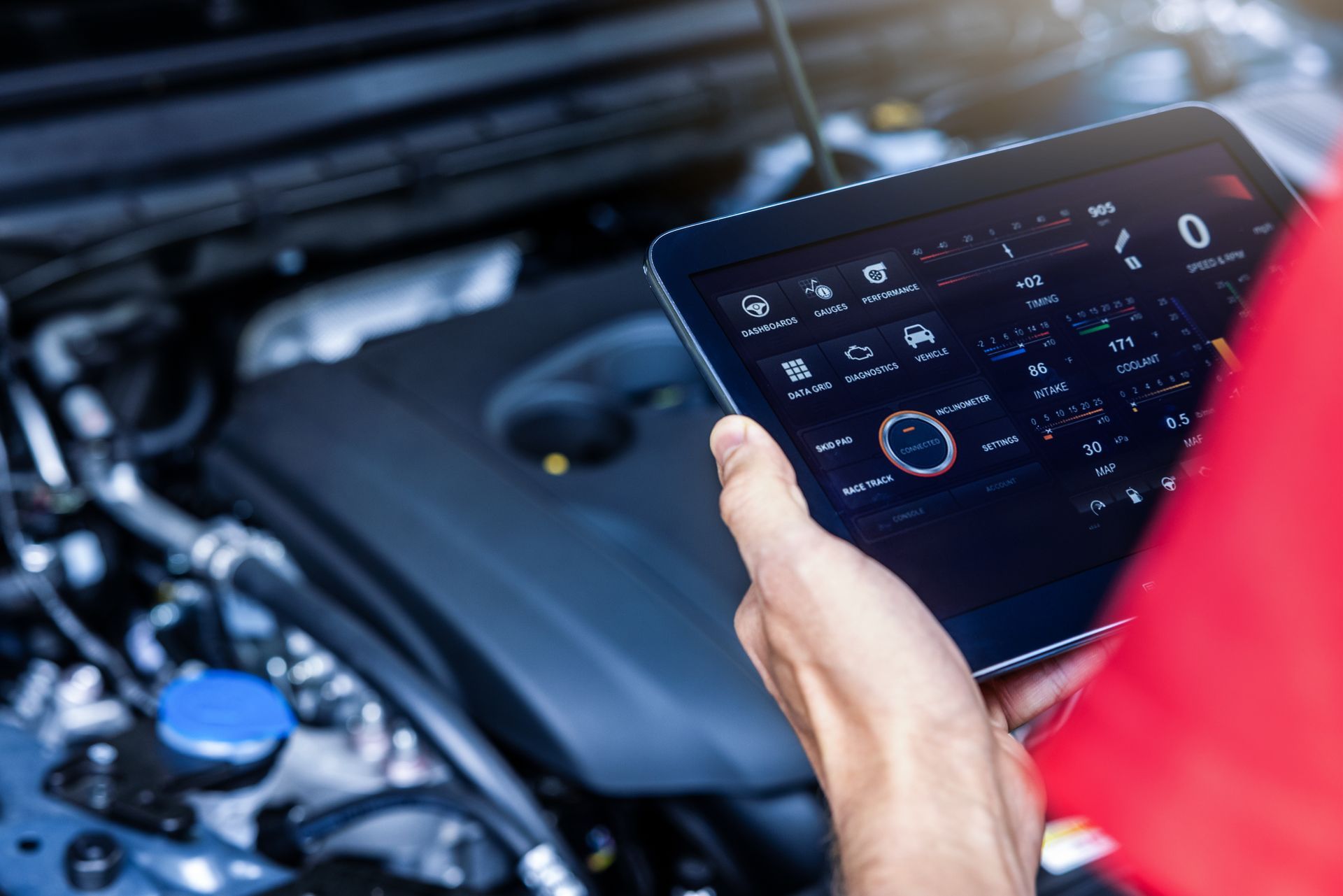
Maintaining Peak Performance: Why Regular Engine Inspections Matter
Our vehicles are essential parts of our everyday lives. From commuting and running errands to enjoying long road trips, we depend on our cars to perform reliably and safely. Ensuring that your vehicle stays in optimal condition requires regular engine inspections. Here’s why these inspections are so crucial and what to include in your inspection checklist.
The Critical Role of Regular Engine Inspections
Regular engine inspections are proactive, aiming to prevent issues before they arise. By routinely examining your engine, you can catch and address minor problems early, avoiding more significant, costly repairs down the line.
Preventive Maintenance Saves Costs
Routine inspections can save a substantial amount of money over time. Addressing small issues early is typically far less expensive than dealing with major breakdowns. For example, fixing a minor coolant leak is much cheaper than replacing an engine block that has warped due to overheating.
Enhancing Road Safety
Your vehicle's engine is its core. Just like a healthy heart is vital for a human body, a well-maintained engine is crucial for your car's safe operation. Regular inspections can identify potential safety issues, such as failing brakes or worn suspension components, that could lead to hazardous situations on the road.
Preserving Vehicle Value and Longevity
Regular engine inspections and maintenance help maintain your vehicle's resale value. A well-cared-for car with a documented service history is more appealing to prospective buyers. Additionally, consistent maintenance extends the life of your vehicle, enabling you to enjoy it for many years without facing costly repairs or replacements.
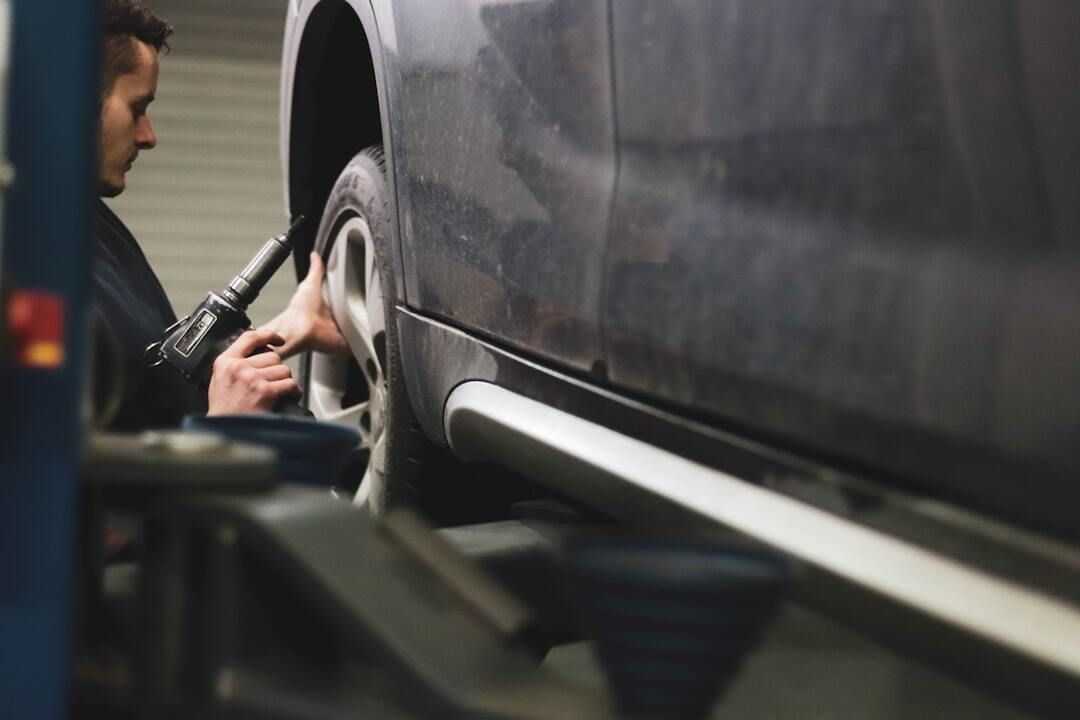
Key Components of an Engine Inspection Checklist
An engine inspection checklist is a comprehensive list of items that should be regularly checked to ensure your car’s engine operates efficiently. While some checks can be performed by car owners, others may require the expertise of a professional mechanic, especially for brands like Toyota, Chevrolet, and BMW, which may have specific inspection needs.
Decoding the Check Engine Light
The Check Engine Light (CEL) serves as your car’s warning system. When it illuminates, it indicates that your engine needs attention. Modern vehicles are equipped with advanced diagnostic tools that mechanics use to read error codes from the car's onboard computer, pinpointing issues that might not be immediately visible.
Engine Fluids: The Lifeblood of Your Vehicle
Engine oil, coolant, brake fluid, power steering fluid, and transmission fluid are crucial for your vehicle's performance. During an inspection, these fluids should be checked for proper levels and any signs of leaks. For instance, oil leaks can cause significant engine damage if left unattended, while coolant leaks can lead to overheating and engine failure.
Wheel Alignment and Suspension: Ensuring a Smooth Ride
Checking wheel alignment and suspension is essential, particularly if you notice your car pulling to one side or experiencing a rough ride. Misalignment can cause uneven tire wear and affect vehicle handling, while suspension issues can compromise ride comfort and control.
Belts and Hoses: Small but Vital
Belts and hoses might seem minor, but they play critical roles in your engine's operation. A snapped belt or burst hose can lead to engine overheating, loss of power steering, or an electrical system failure. During an inspection, these components should be examined for cracks, wear, and proper tension to prevent unexpected breakdowns.
Battery and Electrical System: Essential Power Sources
Your vehicle's battery and electrical system should be part of your engine inspection checklist. A weak battery can leave you stranded, while a faulty electrical system can cause a variety of issues, from dim lights to engine misfires.
Air Filters: The Engine's Breathing System
Air filters prevent dirt and debris from entering the engine and affecting its performance. A dirty air filter can reduce fuel efficiency and power. It's important to inspect and replace air filters according to your vehicle manufacturer's recommendations.
How Frequently Should You Inspect Your Vehicle?
Vehicle inspections are crucial for maintaining your vehicle's safety, performance, and longevity. The frequency of inspections depends on various factors, including your driving habits, the age of your vehicle, and the manufacturer's recommendations. Here are some general guidelines to help you determine how often you should inspect your vehicle:
Adhere to the Maintenance Schedule
It's advisable to follow the manufacturer's recommended maintenance schedule for inspections. Typically, this includes routine checks every six months or every 5,000 to 7,500 miles, whichever comes first. Regular inspections help identify minor issues before they escalate into major problems.
High-Mileage Vehicles
If you drive frequently or have a high-mileage vehicle, more frequent inspections might be necessary. High mileage puts additional wear and tear on components, making regular checks essential to prevent breakdowns and ensure optimal performance.
Extreme Driving Conditions
Driving in extreme conditions, such as heavy traffic, extreme temperatures, or rough terrain, can accelerate wear on your vehicle's components. In such cases, consider more frequent inspections to promptly address any issues.
New or Recently Purchased Vehicles
For new or recently purchased vehicles, scheduling an initial inspection is recommended to ensure everything is functioning properly. This initial inspection can help identify any manufacturing defects or issues that need attention.
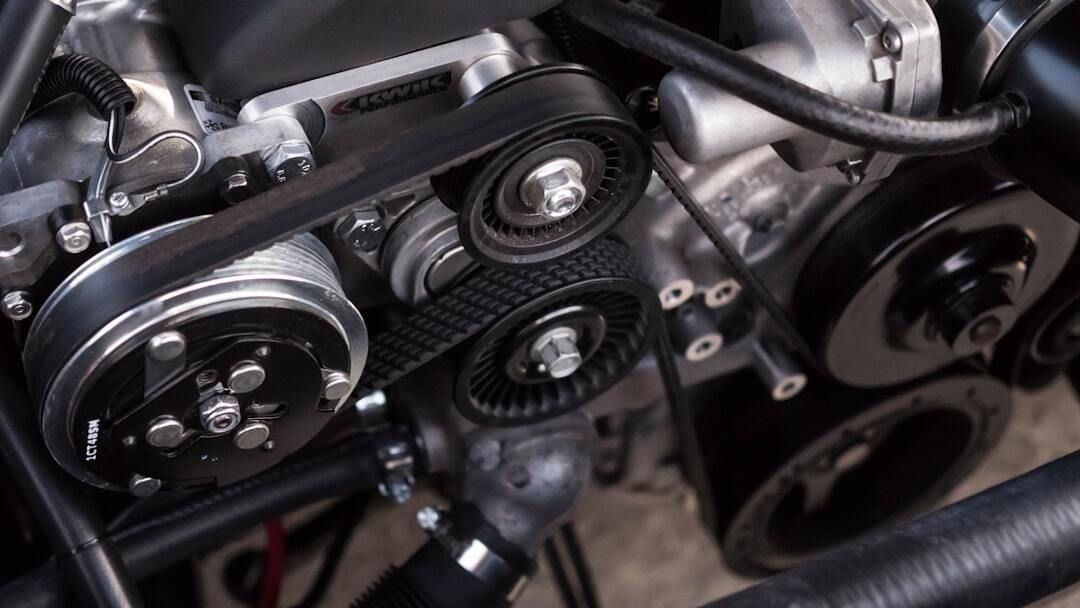
Specific Inspection Requirements for Different Brands
Owners of brands like Toyota, Chevrolet, and BMW should be aware of specific inspection needs for their vehicles. These cars often feature advanced engineering and technology that require specialized knowledge and tools.
Toyota Inspections: Prioritizing Reliability
Toyota vehicles are celebrated for their reliability and durability. Regular inspections should focus on maintaining these attributes by following the manufacturer's recommended schedule and promptly addressing any issues.
Chevrolet Inspections: Performance and Versatility
Chevrolet vehicles are known for their performance and versatility. Routine inspections should ensure that all performance components are in excellent condition and that the vehicle is safe for all driving conditions.
BMW Inspections: Ultimate Driving Experience
BMW inspections should focus on the brand's unique engineering aspects, such as high-performance engines and suspension systems. Regular inspections by a BMW specialist can ensure the "Ultimate Driving Machine" delivers its best performance.
The Importance of Professional Inspections
While many aspects of your vehicle can be inspected by the owner, professional inspections are crucial for thorough vehicle maintenance. Professional mechanics have the experience, diagnostic tools, and knowledge required to thoroughly inspect and service your vehicle.
Expertise and Experience
A trained mechanic can identify issues that may not be obvious to the untrained eye. They can also provide valuable advice on preventive maintenance and potential future problems based on your vehicle's make, model, and mileage.
Advanced Diagnostic Tools
Professional mechanics use advanced diagnostic tools to quickly and accurately identify problems. These tools are particularly important for complex vehicle systems and can save time and money by pinpointing issues without trial and error.
Inspections: A Crucial Component of Vehicle Care
In conclusion, regular engine inspections are a critical part of vehicle maintenance. They help prevent costly repairs, ensure safety, and maintain the value and longevity of your car. By following a comprehensive inspection checklist, paying attention to the specific needs of different brands, and relying on the expertise of professional mechanics, you can keep your engine—and your vehicle—in optimal condition for years to come. Remember, when it comes to car care, an ounce of prevention is worth a pound of cure.

